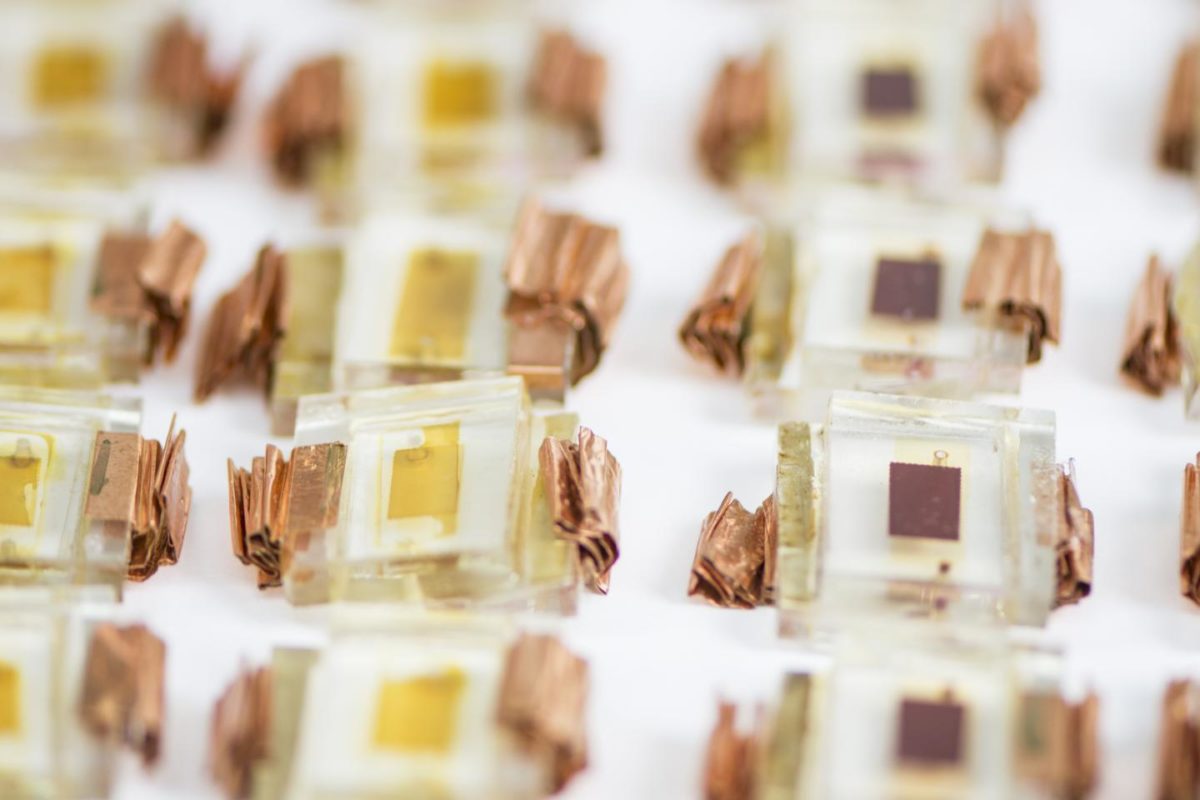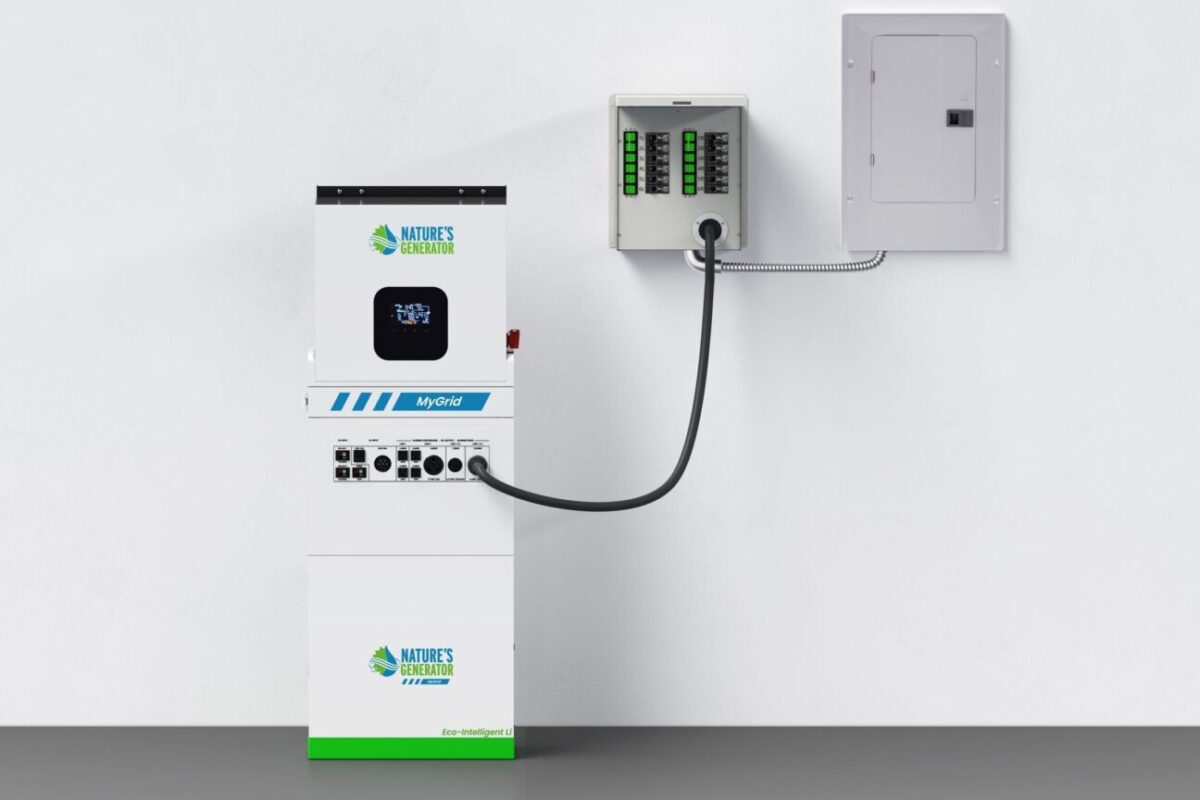Researchers at Finland’s Aalto University have proposed a new, simplified method for testing solar cells based on perovskite and dye sensitized technologies for degradation.
The researchers explain that their fast, low threshold photography method could detect even slight disintegration in a perovskite structure, with more reliable results than optical measurement devices, and lower complexity and labor requirements than more commonly used x-ray crystallography.
The method is based on detecting changes in color brought about by aging. Many dye sensitized cells contain iodine, which is bright yellow and gradually turns transparent with age. Some perovskites, meanwhile, start off dark and become more yellow with age.
The team notes several shortcomings in current age testing methods, and states that better quality aging tests could make a major contribution to extending the lifetime of both these cell technologies. The team has already been able to suggest several ways to increase the lifespan of the cells.
“Understanding the ageing mechanism is very important,” explains adjunct professor (Docent), Kati Miettunen. “By modifying the cell structure and the electrolyte we have managed to achieve as much as a tenfold increase in the lifetime of solar cells.”
A previous study by Aalto University found that the majority of aging tests on perovskite solar cells did not provide accurate data, thanks to small sample sizes or lack of detail regarding ambient conditions such as temperature, humidity, etc.
At the time, the research group said it would hold a series of conferences and work with other specialists to establish common guidelines for the aging tests. “The field needs common standards. High-quality, well-reported and standardized tests would reinforce the confidence of industry and investors in the technologies,” said Miettunen.
This content is protected by copyright and may not be reused. If you want to cooperate with us and would like to reuse some of our content, please contact: editors@pv-magazine.com.




By submitting this form you agree to pv magazine using your data for the purposes of publishing your comment.
Your personal data will only be disclosed or otherwise transmitted to third parties for the purposes of spam filtering or if this is necessary for technical maintenance of the website. Any other transfer to third parties will not take place unless this is justified on the basis of applicable data protection regulations or if pv magazine is legally obliged to do so.
You may revoke this consent at any time with effect for the future, in which case your personal data will be deleted immediately. Otherwise, your data will be deleted if pv magazine has processed your request or the purpose of data storage is fulfilled.
Further information on data privacy can be found in our Data Protection Policy.